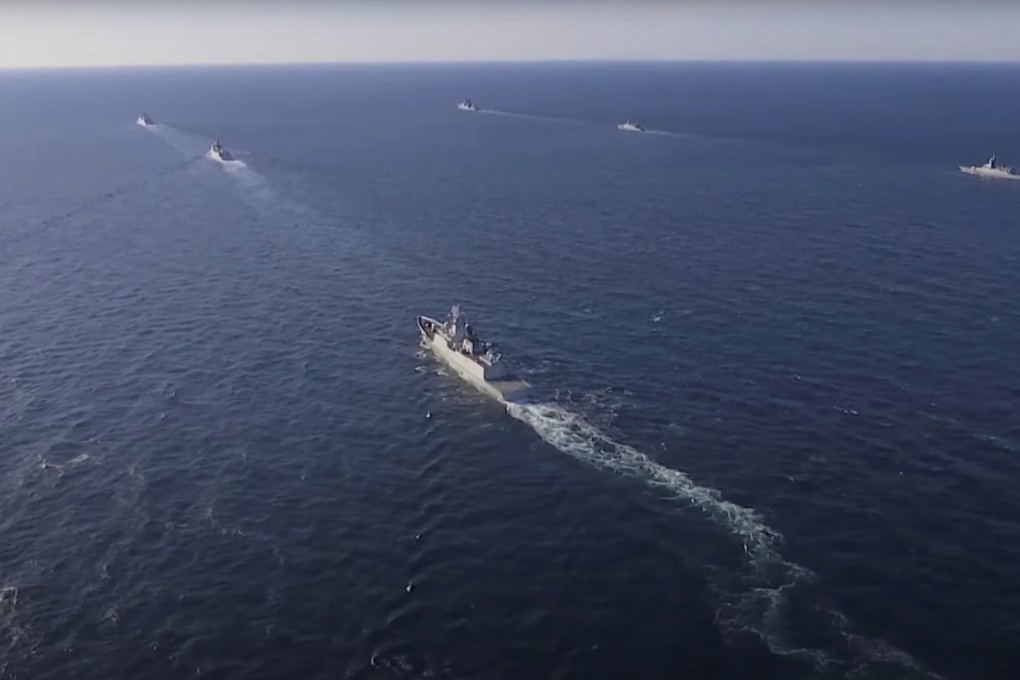Opinion | China-Russia naval exercises show Japan’s troubles could come in twos
- Beijing and Moscow seem intent on putting on a show of force as the United States and its allies ramp up cooperation in this part of the world
- A rapid deterioration in Japan’s security environment may push Tokyo into boosting military spending and strength

Japanese Defence Minister Nobuo Kishi noted: “This is the first time we have confirmed activity on such a large scale and over such a long period. We believe this was a show of force towards Japan.”
However, it is worth adding here that both the Tsugaru Strait and Osumi Strait, through which the Chinese and Russian warships sailed, are considered international waters which foreign ships can transit freely.
The Russian Defence Ministry said in a statement: “The tasks of the joint patrolling were to demonstrate the state flags of Russia and China, maintain peace and stability in the Asia-Pacific region and also protect facilities of both countries’ maritime economic activity.”
Why is this significant? First, Beijing and Moscow seem intent on putting on a show of force and camaraderie in the Western Pacific as the United States and its allies ramp up their cooperation in this part of the world.
